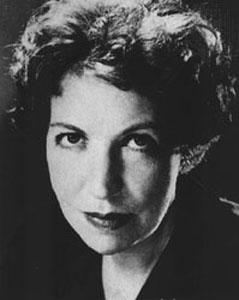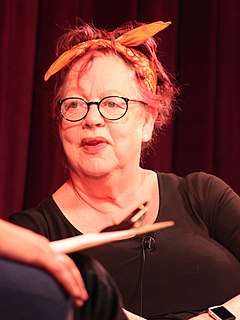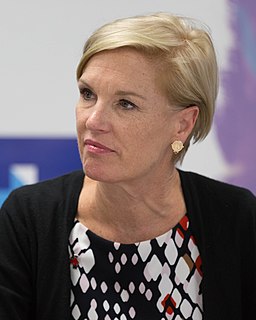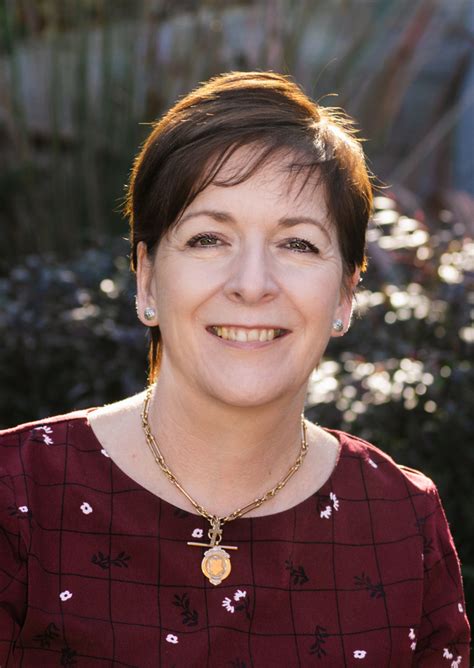A Quote by Frans van Houten
In Kenya, e-learning has taught 12,000 nurses how to treat major diseases such as HIV and malaria, compared to the 100 nurses a year that can be taught in a classroom.
Related Quotes
Traditional education focuses on teaching, not learning. It incorrectly assumes that for every ounce of teaching there is an ounce of learning by those who are taught. However, most of what we learn before, during, and after attending schools is learned without its being taught to us. A child learns such fundamental things as how to walk, talk, eat, dress, and so on without being taught these things. Adults learn most of what they use at work or at leisure while at work or leisure. Most of what is taught in classroom settings is forgotten, and much or what is remembered is irrelevant.
We live in a society where we're not taught how to deal with our weaknesses and frailties as human beings. We're not taught how to speak to our difficulties and challenges. We're taught the Pythagorean theorem and chemistry and biology and history. We're not taught anger management. We're not taught dissolution of fear and how to process shame and guilt. I've never in my life ever used the Pythagorean theorem!


































